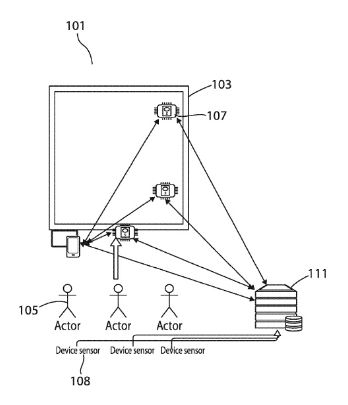An escape room sounds like an unusual subject for a patent application, and a method to operate one doubly so. A patent practitioner hears the peal of multiple alarm bells: game, business method, computer program - tricky waters to navigate with regard to non-patentable subject-matter under Section 1(2)(c) of the UK Patents Act.
But an eye-catching recent decision from the UK IPO has found a patent application for a "configurable escape room system" to be patent-eligible, and also novel and inventive.
The escape room system in question comprises user identification means outside the escape room to identify a user and associate them with a user profile before entry. The operating states of interactive elements inside the escape room can be set based on information in the user profile, which can in turn be updated in real time in response to the user's interaction with the interactive elements, further causing the operating states to be adapted. This solves prior art problems relating to the escape room participants' experience (disabilities can be accounted for, for example).
Applying the Aerotel test for assessing excluded subject-matter, the hearing officer emphasises one must consider the invention's actual contribution in the context of the invention as a whole including its effects. The first-instance examiner had apparently simply cut away (allegedly known) hardware responsible for implementing the invention when assessing its contribution. On the contrary it is now found that, given how the invention solves the technical problem at hand, hardware is inevitably included in the contribution – more specifically, "hardware arranged with respect to a physical room and how this hardware is networked, and functions".

On comparison to two prior art documents, the claims are also deemed novel and inventive, and the case is forwarded for grant. The full decision can be found here.
This is a relatively rare positive UK IPO decision when it comes to Sec 1(2)(c), though not entirely groundbreaking. Let's keep our eyes peeled for more in the future.
The content of this article is intended to provide a general guide to the subject matter. Specialist advice should be sought about your specific circumstances.

